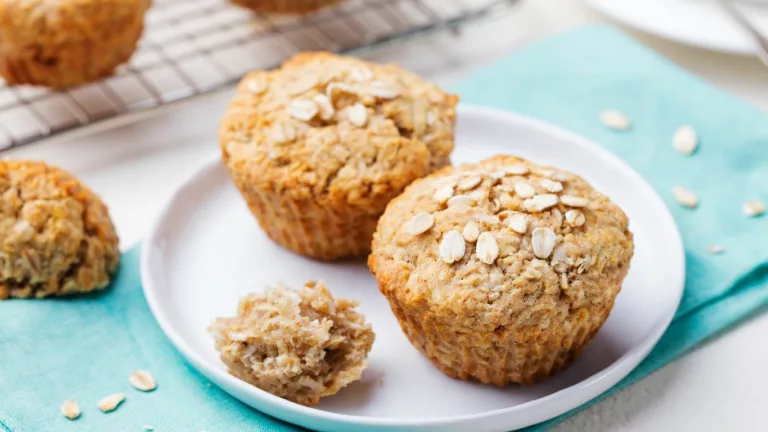Can Overeating Trigger Acid Reflux? – A Guide
Ever finished a big meal and immediately regretted it because your chest started burning or your throat felt sour? You’re not alone—I’ve been there more times than I’d like to admit. And as I later found out, the link between overeating and acid reflux isn’t just coincidental—it’s rooted in how your body responds to too much food at once.
While occasional overindulgence might just lead to discomfort, making it a regular habit can seriously aggravate GERD symptoms. If you’re wondering how all that extra food actually contributes to reflux, the science (and my experience) makes it pretty clear. For a complete breakdown of how overeating affects digestive function and makes acid reflux worse, check out the full guide here: how overeating worsens acid reflux.
Why Eating Too Much Can Overwhelm Your Digestive System
Think of your stomach like a balloon. When you overload it with large portions, the pressure inside builds up. This internal pressure pushes against the lower esophageal sphincter (LES)—that little valve that normally keeps acid where it belongs. If the pressure gets too high, the LES may loosen or even open, allowing acid to escape upward into your esophagus. That’s when you get the classic burn.
Common Symptoms That Follow a Heavy Meal
- Burning sensation in the chest (heartburn)
- Burping or belching after eating
- Regurgitation of food or sour liquid
- Bloating and abdominal discomfort
If you’re constantly eating large meals or snacking until bedtime, you may be putting your digestive system under consistent stress—making reflux not just likely, but inevitable.
Simple Strategies That Help
- Watch your portions: Smaller meals spaced throughout the day are easier on your stomach and less likely to cause reflux.
- Eat mindfully: Chew slowly and give your body time to send satiety signals.
- Don’t lie down after meals: Wait at least 2–3 hours before reclining or sleeping.
- Stay upright and active: A light walk post-meal can aid digestion and keep things moving downward—not up.
As someone who struggled with nighttime reflux from large dinners, switching to smaller, earlier meals was one of the best things I did for both my digestion and my sleep. If you’re experiencing similar symptoms, it’s worth reevaluating your mealtime habits.
For a deeper look at how overeating specifically impacts acid production, pressure dynamics, and GERD flares, don’t miss this full article: How Overeating Worsens Acid Reflux.

Tarra Nugroho is a dedicated Nurse Practitioner with a strong foundation in family and preventive care. She brings both compassion and clinical expertise to her practice, focusing on patient-centered care and health education. As a contributor to Healthusias.com, Tarra translates medical knowledge into clear, empowering articles on topics like women’s health, chronic disease management, and lifestyle medicine. Her mission is simple: help people feel seen, heard, and informed—both in the clinic and through the content she creates. When she’s not caring for patients, Tarra enjoys weekend hikes, plant-based cooking, and curling up with a good health podcast.







